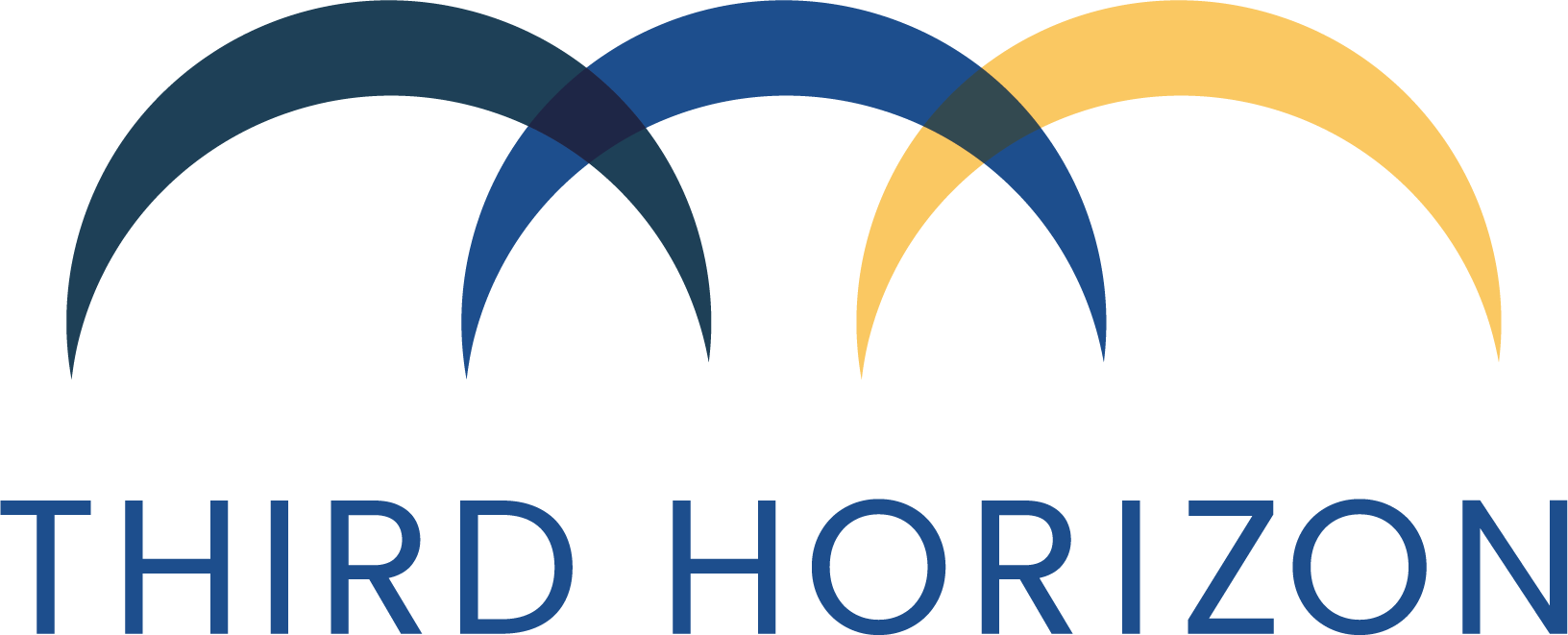- In 2019, the U.S. federal government initiated the HEALing Communities Study to tackle rising opioid overdose rates by implementing evidence-based interventions such as distributing naloxone and expanding access to addiction medications. However, data published in the New England Journal of Medicine revealed that communities adopting these strategies did not observe a statistically significant reduction in opioid overdose deaths. The study, spanning communities across Massachusetts, New York, Kentucky, and Ohio, faced challenges, including delayed implementation of planned interventions and the disruptive influence of the COVID-19 pandemic. Despite these setbacks, federal health officials emphasized the study’s role in laying the groundwork for future policies and interventions, underscoring the ongoing need for innovative approaches amidst evolving drug trends and the persistence of overdose risks. (Article here)
- A new clinical program launched in Washington last week aims to help facilitate medications for opioid use disorder (MOUD) in emergency rooms across the state. The initiative equips clinicians to initiate MOUD and connect patients to community-based care, aiming to reduce opioid overdose deaths. With opioid-related fatalities doubling in recent years despite effective treatments like methadone and buprenorphine, ScalaNW provides evidence-based protocols and 24/7 clinical support via the University of Washington. Hospitals joining the network can schedule follow-up appointments through the Washington Recovery Helpline, supporting broader implementation of lifesaving treatments following recent regulatory changes that have eased prescription requirements. (Article here)
June 21, 2024
Opioid/Substance Use Disorders | Tea Leaves
